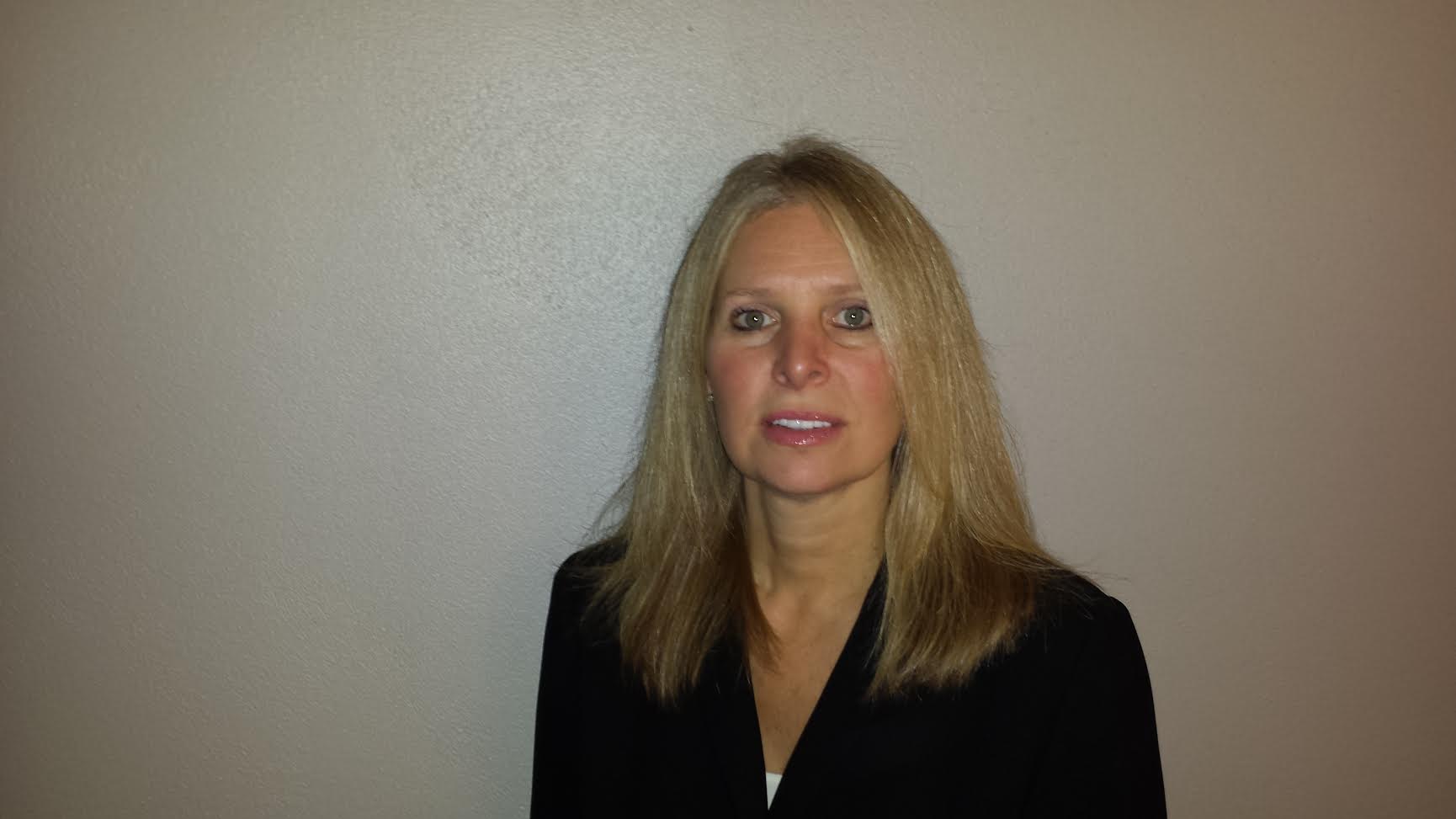Rockford-based OrthoIllinois launched its total hip and knee program last year and is continually striving to improve the program, with plans to expand to total shoulder replacement within the next six months.
 Tammy Blackburn, BSN, director of OrthoIllinois, teamed up with orthopedic surgeon Michael Chmell, MD, in December 2015, to devise a strategy to implement a successful program.
Tammy Blackburn, BSN, director of OrthoIllinois, teamed up with orthopedic surgeon Michael Chmell, MD, in December 2015, to devise a strategy to implement a successful program.
"We began talking about starting the program after conferences and realizing we were getting these patients out of the hospital the very next day or same day," Ms. Blackburn says.
Here are four thoughts on how OrthoIllinois' total joint replacement program has evolved over the past year and where it is headed.
1. Blue Cross Blue Shield got on board. Most surgery centers need a payer's approval before launching a program so they don't waste valuable resources. While total joints are making their way into the outpatient arena, the concept is still relatively new and some payers may be hesitant to reimburse unless a center provides a well-detailed plan.
Dr. Chmell first performed these procedures in the hospital setting, and used these successes to provide BCBS with a plan of how OrthoIllinois could safely and effectively get TJR patients home in the same day. OrthoIllinois plans to bring more payers into the fold as the demand for these outpatient procedures is booming.
2. The procedure should be consistent. Since its first total joint procedure in 2015, OrthoIllinois has made a continual effort to make the procedures more consistent.
"We have the surgeons use the same processes and supplies as much as possible," Ms. Blackburn says. "We have put a lot of focus on trying to have fewer variables and make everything very streamlined."
An essential component of becoming streamlined entails narrowing down the number of vendors. OrthoIllinois is working to reduce the number of vendors down to one or two vendors so the entire staff is comfortable with the products and the vendor's rep. Working with one or two vendors also allows a surgery center to negotiate better prices.
3. Ask patients the right questions about their home set-up. Patients undergoing total joint procedures have an important part to play in their recovery. OrthoIllinois' staff members ask patients a series of questions to make sure their home is set up properly for their recovery. Patients should have a designated person, 'coach,' who knows the ins and outs of the patient's recovery. A support system is crucial for the successful recovery.
4. Dedicated physicians. OrthoIllinois' physicians are unique in that they are solely dedicated to orthopedics. The center's focus is on the orthopedic patient, while a hospital has patients with a wide spectrum of medical conditions.
Additionally, these physicians have a stake in the surgery center and will go the extra mile to ensure the program succeeds, Ms. Blackburn notes.
"Our doctors are very involved," she says. "We are very specialized in our focus here, and our physicians are very motivated to work together and make this program work."
More articles on surgery centers:
TriHealth to open multispecialty surgery center — 5 things to know
MFC's Sioux Falls Specialty Hospital to acquire Prairie States Surgical Center — 5 takeaways
Texas ASC Society announces new Executive Director

